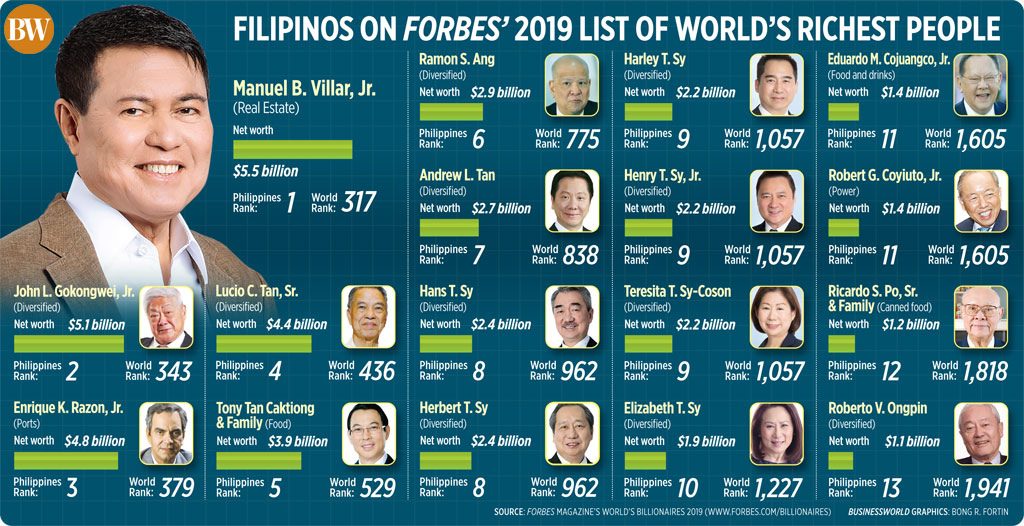By: Krixia Subingsubing – Reporter / @KrixiasINQ
Philippine Daily Inquirer / December 26, 2022
The Philippine government should consider imposing a wealth tax on the superrich to help pay for the enormous cost of tackling the COVID-19 pandemic for the past three years, according to a new study that looked at inequality in Asian democracies.
The Brookings Institution report also urged the government to remove obstacles to and create an enabling environment for participatory democracy if it wanted to address regional and class inequalities.
Published last week, the study offered policy recommendations to strengthen democracies in Asia in the face of limited or uneven access to politics, education and social services, as well as racial and ethnic inequality.
Looking at the experience of four countries—the Philippines, Malaysia, Singapore and South Korea—researchers Andrew Yeo, Teresa Encarnacion Tadem, Meredith Weiss, Kok-Hoe Ng and Byunghwan Son found that decentralizing political and economic processes could help redistribute wealth and enhance local political participation.
While devolution—already in practice for over 30 years in the Philippines through the 1991 Local Government Code—has led to greater democratization and development outside Metro Manila, Tadem noted that political dynasties and patronage politics continue to stymie genuine efforts to bridge inequality.
She also observed that several national economic policies, including those for development and budgeting, have a “neoliberal framework that emphasizes the market, liberalization and privatization—a framework concerned mainly with growth, not equity.”
Reforms in policy, legislation
To address regional and class inequalities, Tadem recommended that the government strengthen or introduce new socioeconomic policies.
This included, among others, supporting efforts by Congress to enact a wealth tax, which would “generate revenue to help pay for medical assistance and education, employment, social protection and housing for poor families.”
To do this, it should examine the templates set by the International Monetary Fund and Asian Development Bank.
These moves should also be complemented by reform efforts, especially on legislation that “unfavorably exposes micro, small and medium enterprises to lopsided foreign competition.”
The government, according to the study, should likewise reexamine privatization policies that removed socialized pricing structures and locked out any form of democratic community participation between local governments and nongovernment and civil society organizations which goes against the very spirit of decentralization.
Also included in the recommendations are short-term targets like passing the Universal Health Care Act as well as strengthening the Pantawid Pamilyang Pilipino Program or the conditional cash transfer program for the country’s poorest households.
Genuine decentralization
Furthermore, the government should provide adequate resources to local and regional development councils so they could forge effective development plans that are more in line with their material conditions.
In the long term, however, the government could only pursue genuine decentralization if it “removed obstacles to participatory democracy,” Tadem said.
“Incremental changes that reduce regional and class inequality are possible when decentralization efforts on the ground level are supported by national laws that help address elite domination and facilitate an enabling environment for popular participation and the implementation of social governance reforms,” she said.
This included, among others, strengthening human rights and upholding the independence of institutions like the Commission on Human Rights and the Supreme Court.
Tadem also urged the government to hold its anti-insurgency task force accountable for “Red-tagging” community organizers and to amend or repeal the controversial antiterror law.

